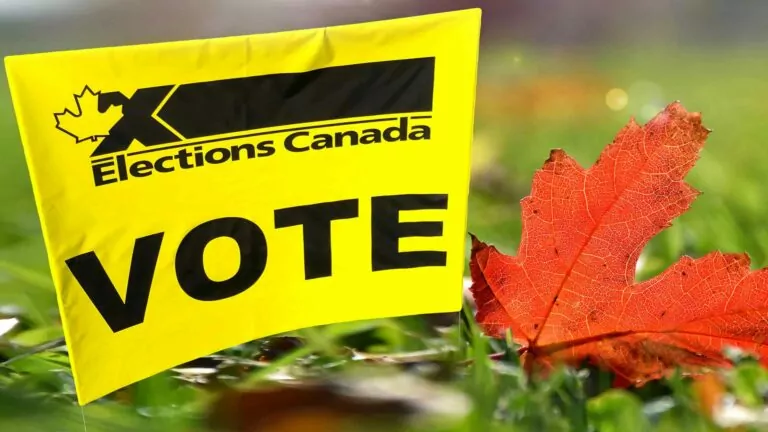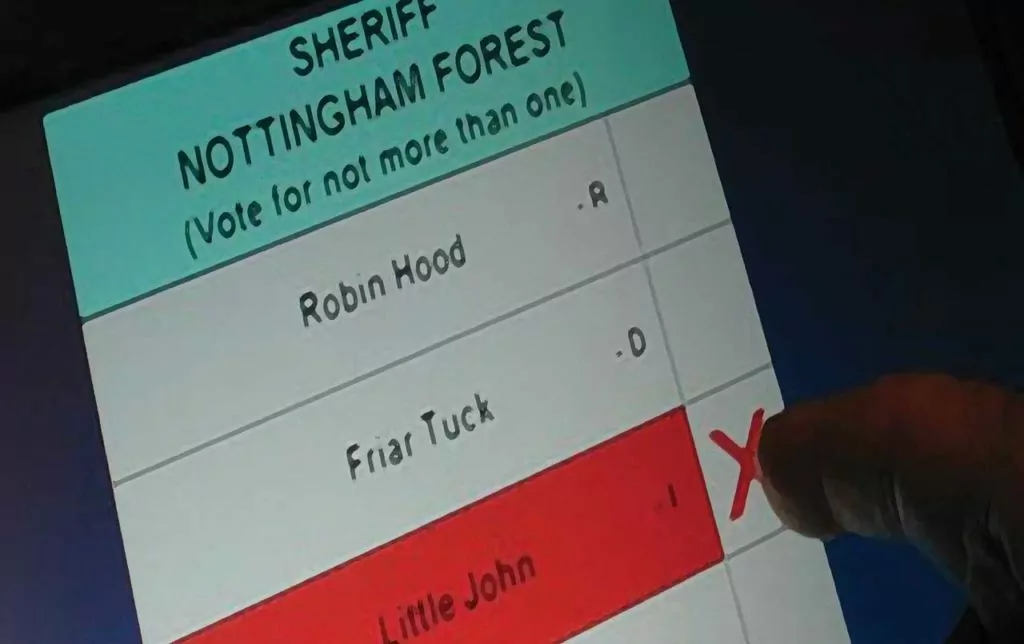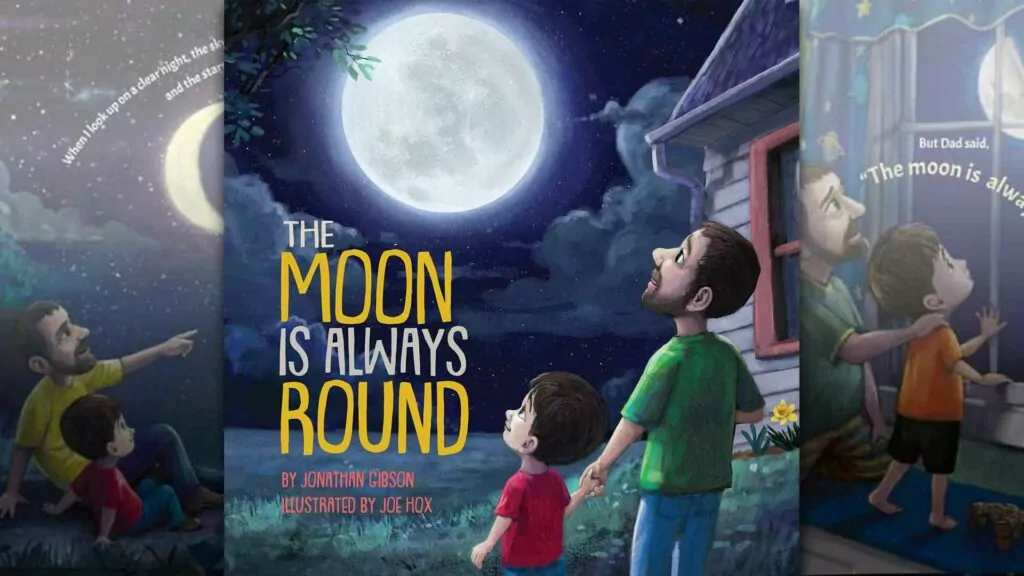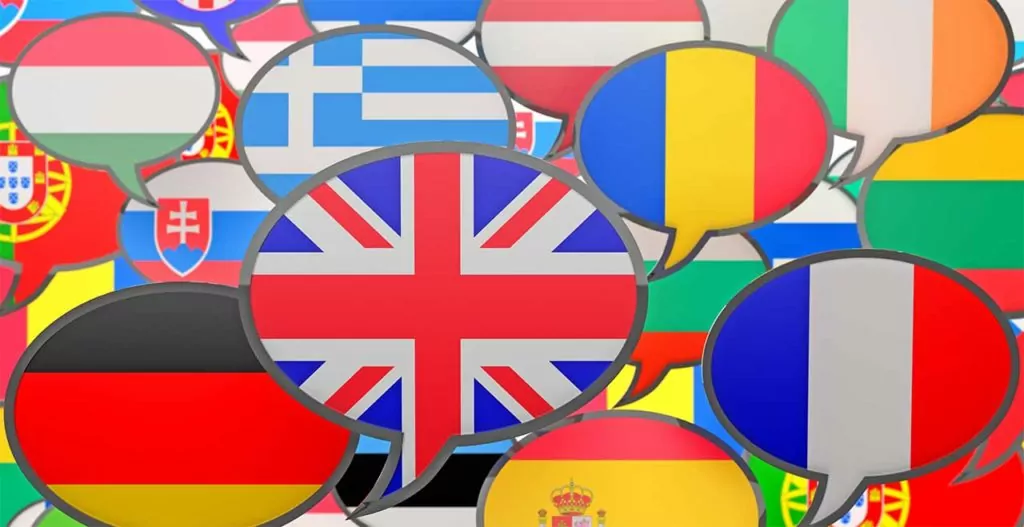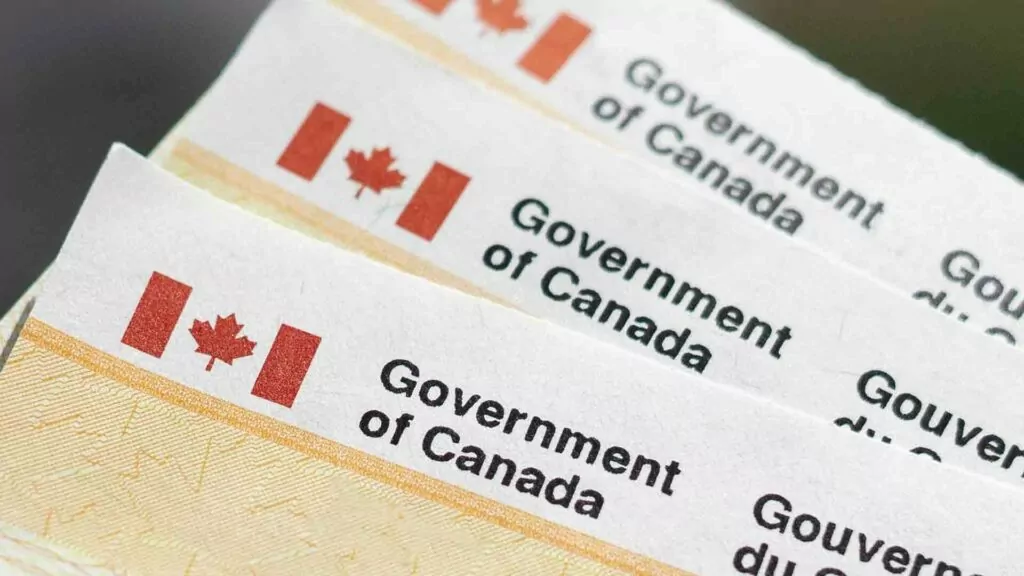On March 20 the Liberal/NDP government proposed bumping the 2025 election date back a week because the election would otherwise be at the same time as Diwali, the Hindu festival of lights. Critics have noted that moving election day back a week would also guarantee that any MPs first elected in 2019 would now be eligible for pensions that they wouldn’t have gotten if they’d lost. An MP needs to serve 6 years to be eligible for a pension, and for those elected on Oct 21, 2019, the 2025 election date of Oct 20 would have left them a day short. If current polling numbers persist, the government could expect a lot of their MPs to lose, but this election-day delay would give them a going-away pension bonus.
Among the other electoral changes being proposed are an expansion of 2 more days of advance polls, giving voters seven days in total – six advance days and election day – to be able to vote in person. The government also wants to make it easier to vote by mail, and allow electors to vote anywhere in their electoral district. These changes are being done in the name of “encouraging participation in the electoral process.” However, that doesn’t seem a pressing issue – over the last 30 years, electoral turnout has stayed consistently within 60%-70% of eligible voters.
Looking south of the border, we can see that what’s more important is the perceived trustworthiness of the election. Canada has not had allegations of stolen elections, as is almost commonplace in the US. That’s because Canada’s federal elections, as they have been run over the last many decades are the most verifiable in the world, with each voter checked off a list at their poll, and every ballot evaluated by two Elections Canada agents as well as representatives from each major party. These competing interests provided the ultimate verification for each election. Mail-in balloting and vote-anywhere initiatives might make it marginally easier to vote, but cause complications – last election 90,000 mail-in ballots arrived too late to be counted – and muddle the transparency. The more heated our politics become, the more important it is that our elections are not only trustworthy, but are obviously so.





